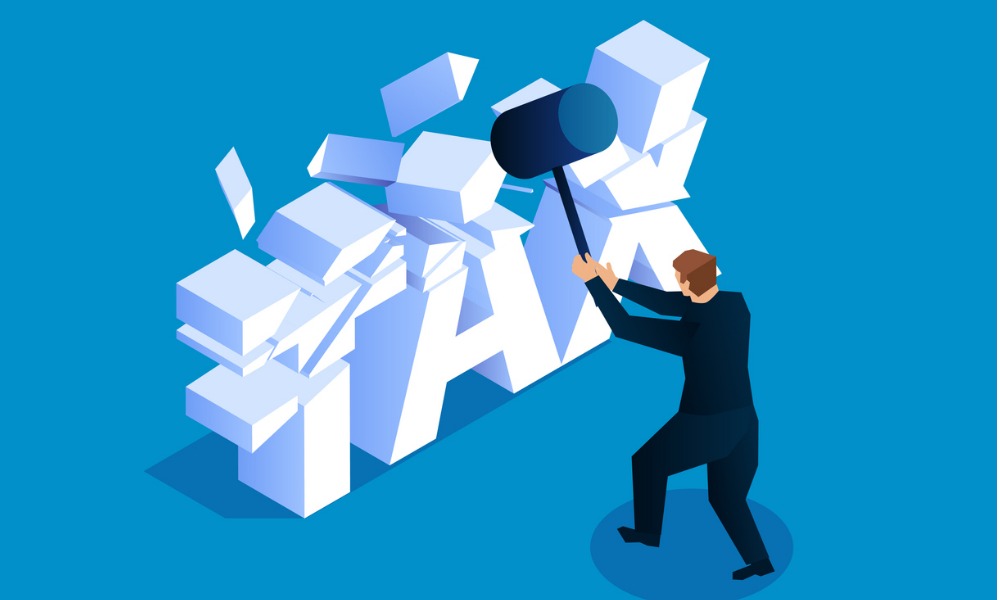Senior economist says 208,100 Canadians would be trapped below the poverty line unless something is done

Canada may have an opportunity to help lift the most destitute families out of poverty this tax season by forgiving their tax obligations linked to the Canada Emergency Response Benefit (CERB), according to a senior economist at the Canadian Centre for Policy Alternatives (CCPA).
With a recent update to Statistics Canada’s tax modelling software, David Macdonald determined that individuals in the country’s top income decile who received CERB got $6,700 on average, and will owe $2,400 in taxes this season. In contrast, CERB recipients in the bottom decile – those with incomes of less than $9,000 – received roughly $11,700 on average, and will own $444 dollars.
“It’s worth noting that the CERB tax rates and amounts that are owed by lower-income families and individuals are low, but they aren’t zero,” MacDonald said. “With incomes that low, the CERB would have likely been spent quickly on necessities in the spring and summer of 2020.”
While he acknowledged that the government has already set up a program to not claw back benefits or charge interest in the 2020 tax year for people making under $75,000, MacDonald said 422,000 people who received CERB payments will still wind up living below the poverty line. Of those, he said 208,100 would be able to escape poverty if they didn’t have to pay taxes on CERB income that they received during the pandemic.
To support his argument, he pointed out how many self-employed Canadians had found themselves on the wrong side of CRA rules because they applied for CERB based on their gross income, when they should have indicated their net income. In that case, the tax authorities decided to grant amnesty: those recipients are not required to repay the CERB they’d already collected, even though they technically should not have received it.
“However, amnesty for that particular group belies a bigger point: Canadians were encouraged to apply for CERB under unclear rules in the middle of a global pandemic,” MacDonald said. “Many who applied and received the CERB were low-income and after the fact, may be deemed to have not been eligible.
Since the CERB rollout was rushed out of necessity with taxes not being withheld at source, he said it would be worthwhile for tax authorities to consider a deduction from total income to offset taxes owed on CERB. A non-refundable tax credit would be less desirable, he explained, since it would apply only to federal income taxes.
“This could be targeted to low- income Canadians who received the CERB,” MacDonald said. “It would relieve the stress for low-income Canadians who will otherwise need to come up with a big tax payment in April—potentially an impossible task in the middle of a pandemic.”



